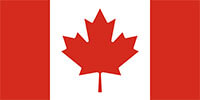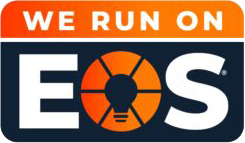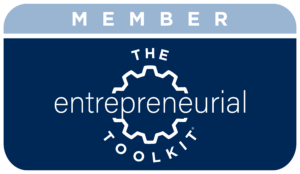Most people heading to a job interview know that preparation is critical to make a good impression and increase the chance of getting a good offer. Because of this, candidates take time to ensure they are ready, doing research on the company and devising answers to potential questions. On the flip side, interviewers within an organization should also take time to prepare to interview a prospective hire.
Qualified candidates can be difficult to find. You don’t want to squander an opportunity to make a good hire by not being prepared or not making a good impression during the interview. Hiring managers need to understand the stakes are high, particularly in revenue-generating sales positions. Ultimately, time and money are wasted if you struggle to hire qualified candidates due to poor interviewing or a bad offer.
Start with a Clear Description
A critical element that is often overlooked in the small to medium sized business market is that job descriptions and duties may not be clearly documented and well understood across both sides of the interview table. Likewise, in a larger corporate environment, the HR department may not fully understand the details of the position, so specifics get lost in translation.
Data has proven the correlation between poorly written job descriptions and higher turnover. This can easily stem from mutual frustration at expectations not being met by employers or their new hires. To attract “A players,” a hiring manager must have a detailed job description that clearly identifies job duties, scope of work, and expectations.
Ask Questions and Actively Listen to the Answers
Once you have a solid job description written, strategically think about the qualifications necessary to fulfill the role. Use this information to create questions that go below the surface. Questions should vary from position to position within an organization because the qualifications for roles are different.
Don’t focus on their past experience or other information that can be gleaned from their resume; aim to dig deeper.
Here are some example questions to use as a framework to help you dig deeper when talking with a potential candidate:
- What are some obstacles you have been able to overcome?
- Can you succinctly describe a complex issue that you are knowledgeable about?
- How does this position fit into your long-term career goals?
- What mistakes have you made and what did were lessons learned from these experiences?
- How do you handle conflict within your team or with a client?
- Can you share an example of a work success that demonstrates teamwork and group interaction?
The ultimate goal is to gain a sense of the traits of the candidates including what drives and motivates them through their answers to the questions related to the position. Industry knowledge can be taught, and candidate mindset is a better indicator of success.
Download our free guide, A Simpler Way to Recruit and Hire Top Sales Talent, to get started on the path to finding your next top performer.








